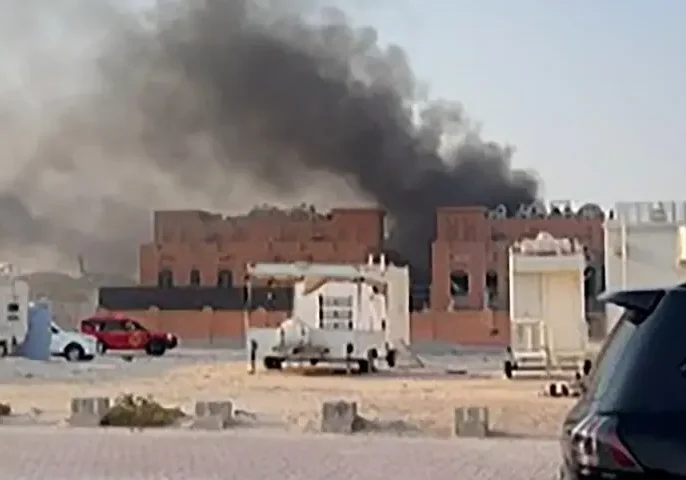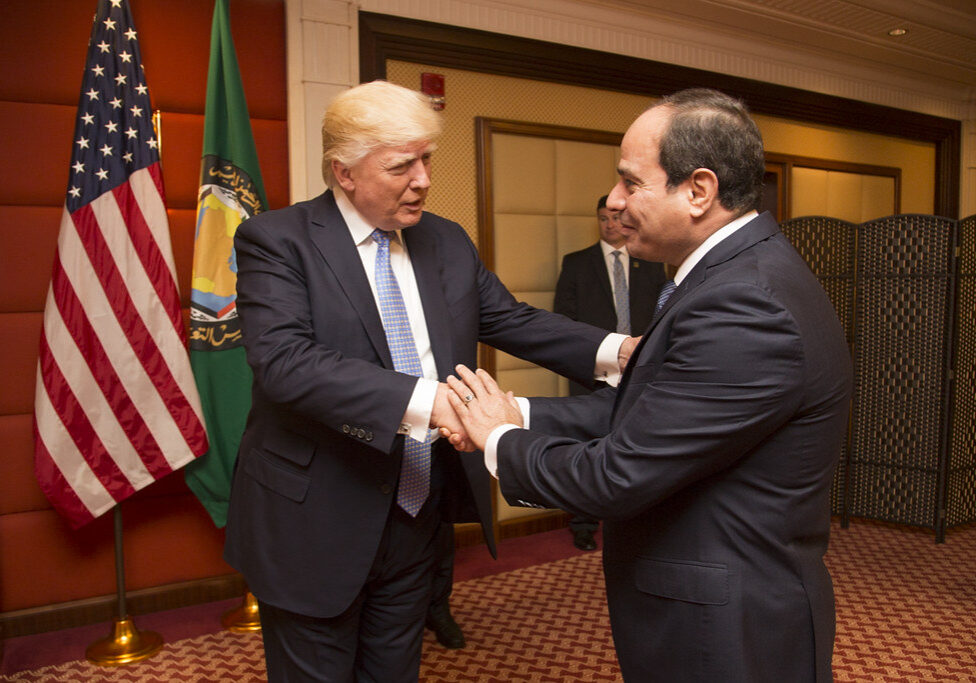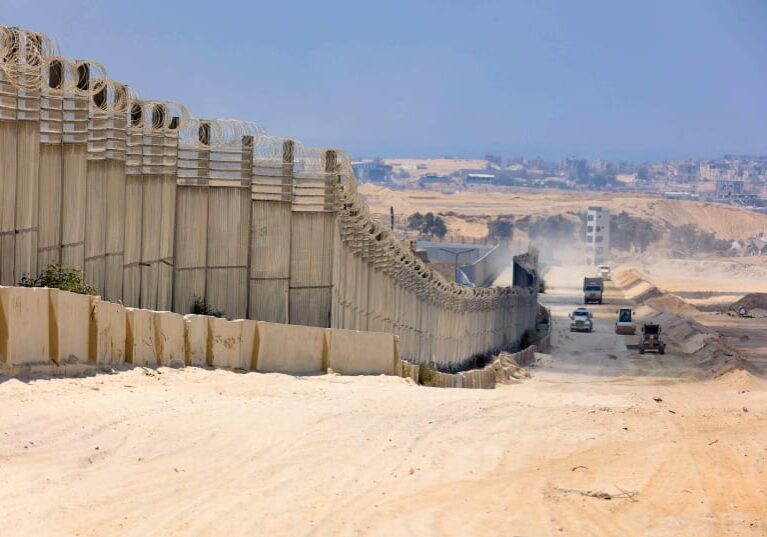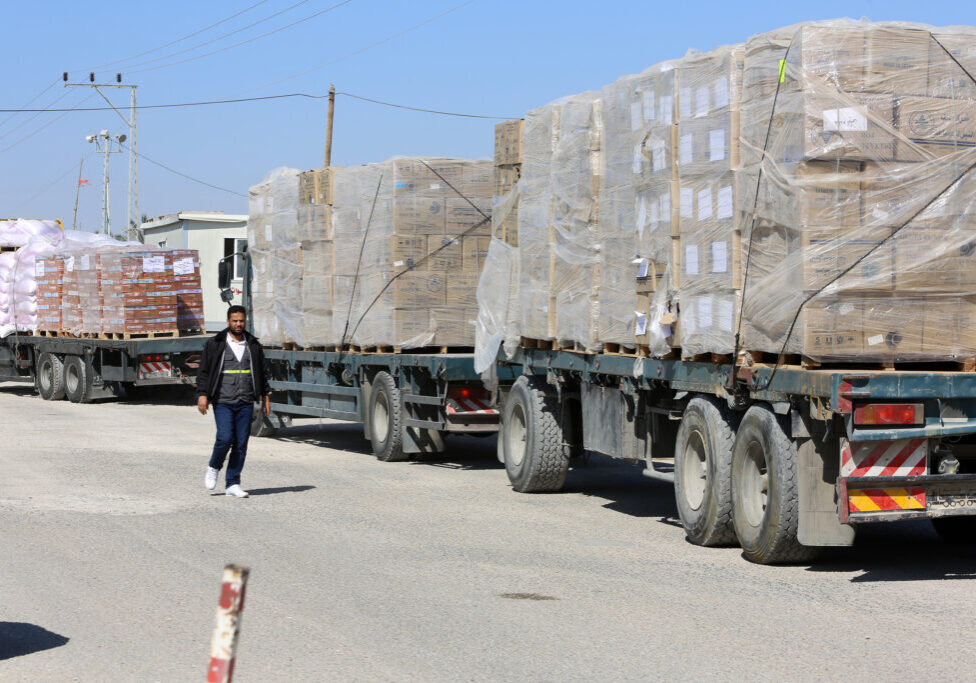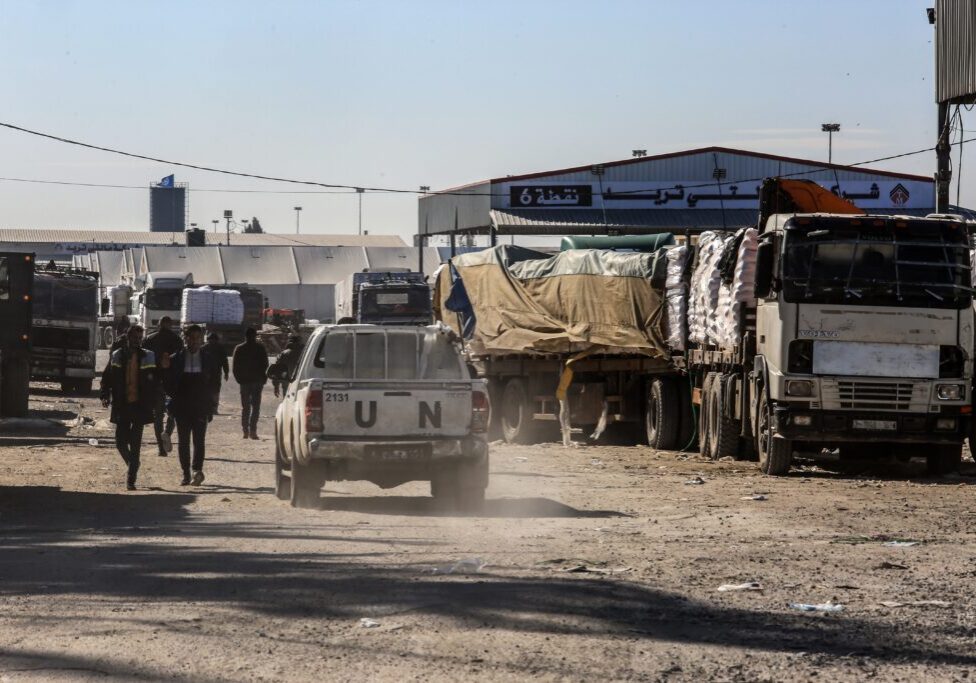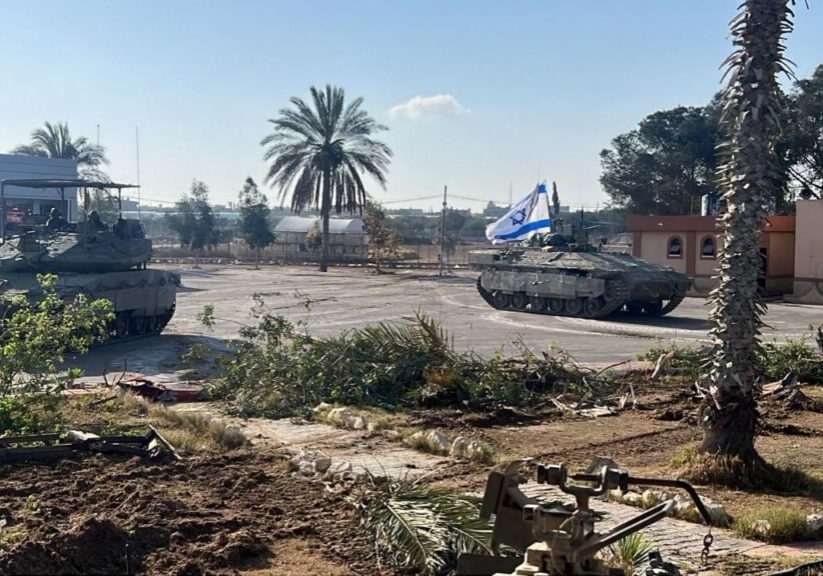Australia/Israel Review
What ISIS might do next
Sep 1, 2015 | Yaakov Amidror
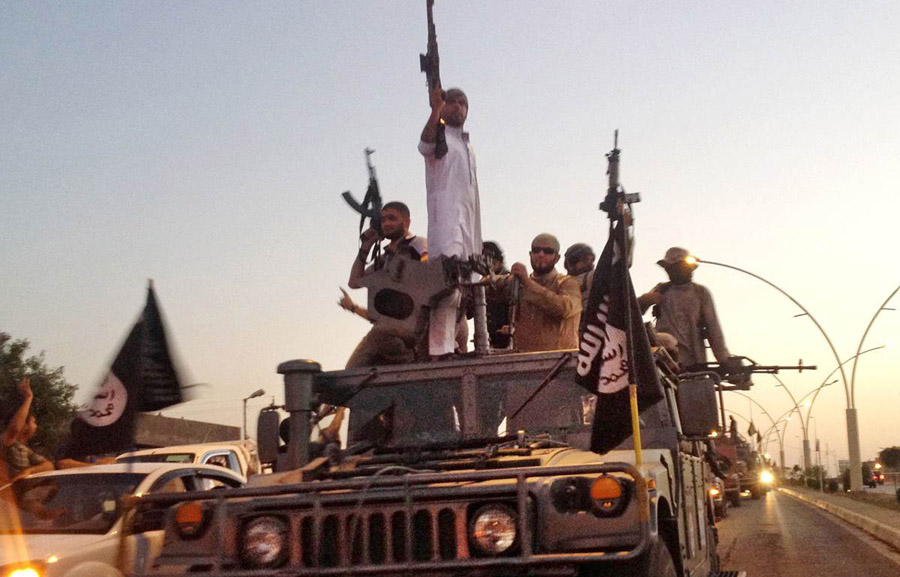
Yaakov Amidror
Over the past several months, ISIS, the militant jihadist Islamic State, has made significant gains. It controls a huge expanse stretching in Iraq from Ramadi west of Baghdad across the Syrian border to the archeologically rich Tadmur (Palmyra). And, at the same time, it has been consolidating its hold on the entire northeastern region of the disintegrating Syrian state. The capture of Ramadi, a stone’s throw from the Iraqi capital, and Tadmur, in the heart of Syria, creates a platform for even more significant future moves.
Already the radical Sunni organisation has been able to spread out from the Fertile Crescent and penetrate the other half of the Arab world, as evidenced by its late June and early July attacks on the Egyptian army in Sinai. Its hold on the Bedouin tribes in northern and perhaps even central Sinai – and its use of advanced weaponry in the conduct of a relatively complex offensive – show just how deeply it is now ensconced in Egypt.
It is conceivable that the organisation is also responsible for sporadic terrorist outrages in Cairo and the late June beachfront tourist killings in Tunisia. It may even have links with Boko Haram in Nigeria. It’s not as if ISIS closely oversees all the operations. The connection between the various regional groups is tenuous, with no more than instructors or weapons crossing from one front to another. Nevertheless, it has to be acknowledged that ISIS is starting to look very much like an international organisation or, at the very least, one with branches throughout the Muslim world.
ISIS will need some time to “digest” all the territory it has taken in Syria and Iraq. But as soon as it does, it will face a strategic dilemma: What next? By nature, ISIS is not the type of organisation that can endure long periods of inaction. It needs to keep up the momentum to avoid the bourgeoisification that could set in during a long lull. It has four broad options: a concerted push for Baghdad; a drive into Kurdistan; a move on Aleppo or Homs in northern Syria; or penetration into Jordan.
The goal of a major attack on Baghdad would be to bring about the collapse of the Shi’ite-led Iraqi regime. It would certainly put the government and its Iranian allies under heavy pressure. If it were to succeed, the Iranians would be faced with a tough decision: Whether or not to intervene militarily, openly and directly.
A successful thrust northward into Kurdistan capturing the oil fields in and around Kirkuk would also be a major coup, enabling ISIS to run what would be virtually an independent state. That would put heavy pressure on neighbouring Turkey. ISIS might be tempted to go that route partly because of Western failure to adequately arm the Kurds, the only people in the region to have put up a serious fight against the radical Sunnis.
It is not inconceivable that the imprint of the “disgrace of Kobani,” the West’s initial inaction in the face of ISIS’s wide-spread slaughter of Kurds last year, could lure ISIS forces back into the Kurdish territory from which they were expelled last January.
On the other hand, ISIS might prefer to strengthen its hold on northern Syria by capturing the cities of Aleppo and Homs. That would be an extremely ambitious undertaking, given the sheer physical size of the area in question. However, resistance in northern Syria would likely be far weaker than in Shi’ite-controlled Baghdad or against resolute Kurdish fighters.
In Syria, ISIS would be facing mainly President Bashar Assad’s exhausted army. Moreover, Sunni fighters from the opposition rebel army might join up with ISIS, lending it a degree of legitimacy and support from the local population.
This could trigger a dramatic deterioration in the position of Assad’s minority Alawite regime and force his Iranian-proxy Shi’ite Hezbollah backers to stretch their already strained forces even further. Moreover, capture of Aleppo and Homs by the Sunni radicals would put enormous pressure on the Alawite enclave along the Latakia coast. It would constitute a threat to territory essential for Hezbollah and for Iran’s standing in Syria and, perhaps, later in Lebanon, too.
The probability of a major thrust into Jordan is much lower, but cannot be ruled out entirely. It is conceivable that to avoid a confrontation with powerful Shi’ites around Baghdad or desperate Alawite and Hezbollah fighters on the road to Damascus, ISIS will turn its attention to Amman.
The Jordanian population is homogenously Sunni, and ISIS might assume it could pick up popular support against the Hashemite monarchy. Success would open up the road to Saudi Arabia, the glittering prize including the holy cities of Mecca and Medina. This is what those who talk of a new Islamic caliphate, the way ISIS does, dream about.
ISIS’s success in Jordan, however, is by no means assured. The Jordanian army is very professional and the king enjoys both popular legitimacy and wide popularity. Jordan will not be easy prey. And it will receive help from all the powerful state actors for whom its stability is important.
Beyond ISIS’s next moves, there are two key questions. Is it really gaining unstoppable momentum? And does its meteoric rise substantively change the regional picture?
First, a caveat. We must put things in proportion. Until the recent fighting in Sinai, ISIS had never encountered a real, well-organised and well-equipped army. And when it did, its success was only partial and of very short duration. As soon as the Egyptians recovered from their initial surprise, they destroyed or repulsed the terrorist forces. True, the Egyptian army suffered heavy losses, but what happened in Sinai cannot by any stretch of the imagination be deemed a resounding victory for ISIS. Indeed, one could argue that the opposite is the case. The overriding perception that at the end of the day it failed in this ambitious operation nullifies any air of victory they may attempt to propagate.
Still, we cannot ignore the fact that ISIS manages to attract young people from the Arab and Western worlds from the Caucuses to Australia. Its power lies in its proud hoisting of the Sunni flag, its unalloyed religious fundamentalism and its drive to revive past glory in the form of an Islamic caliphate. As such, it offers an answer for many young Muslims searching for identity.
It is not surprising that ISIS emerged and put down roots in areas where political or ideological conditions were favourable. Its natural growth is in areas without any organised system of control or areas of Sunni-Shi’ite friction. This is largely because ISIS is the Sunni response to the radical Shi’ite dynamic that has been driving the Middle East ever since the Iranian revolution 36 years ago. The nuclear agreement between the powers and Iran may well reinforce the Sunni sense of persecution and, as an unintended consequence, actually increase ISIS’s power.
The more immediate question for the outside world seems to be Syria. As the situation there gets ever more chaotic, Sunni organisations not part of ISIS might decide to join forces, thereby multiplying ISIS’s power. Further ISIS successes in Syria could also change the equation from the point of view of the main outside players. The struggle for Syria has become fiercer. There is no longer any chance of establishing a joint Sunni-Alawite interim regime. The ISIS Sunnis will not cooperate with anyone. They are conducting a global war of annihilation.
Therefore, the main outside players – Turkey, Saudi Arabia, Iran, Russia and, to some extent, the US itself – will have to decide soon whether to prop up the Alawite regime with or without Assad and devote all their energy to blocking ISIS, or to divide their efforts and fight both Assad and ISIS – which would, of course, make things easier for ISIS.
A world in which the enemy of my enemy is also my enemy makes decision-making more complex.
Maj. Gen. (ret.) Yaakov Amidror, a former IDF military intelligence analysis chief, was Israel’s National Security Adviser from 2011-13. He is a senior fellow at Bar-Ilan University’s BESA Center for Strategic Affairs and a distinguished fellow at the Washington-based Jewish Institute for National Security Affairs. © Jerusalem Post, reprinted by permission, all rights reserved.
This article is featured in this month’s Australia/Israel Review, which can be downloaded as a free App: see here for more details.
Tags: Egypt

